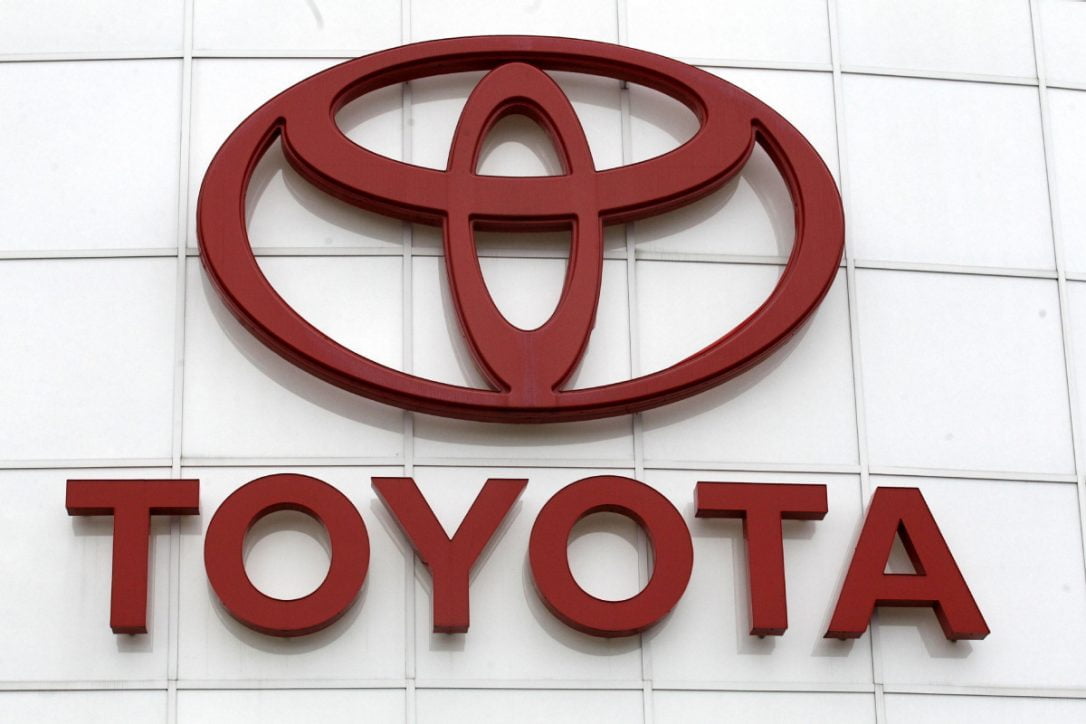Apple Unveils Waterproof iPhone 7 — But Still Misses Innovation Mark

Apple on Wednesday unveiled what it called the best iPhone ever, but investors don’t appear convinced that the device packs the innovative punch to drive a major consumer upgrade cycle.
Shares in the world’s most valuable company dipped by 0.38 of a percentage point immediately after the announcement of the iPhone 7 and 7 Plus that feature improvements to battery life and camera functions — as well as removal of the traditional analog headphone jack.
Analysts expect the phones will post strong holiday sales on abiding global demand for Apple products, but suggest the upgrade is not enough to reverse a trend to slowing iPhone sales growth amid device saturation in developed and emerging markets.
Apple this year reported its first annual decline in iPhone sales in more than 13 years.
Some tech watchers think buyers should hold off on upgrades until 2017 when Cupertino, Ca.-based Apple will likely unveil a more radically re-engineered, possibly all glass iPhone 8 to mark the tenth anniversary of the world’s most popular consumer electronics device.

“If [the iPhone 7] is just more memory and a slightly better camera, then there’s less motivation [to upgrade],” said technology consultant Chetan Sharma.
“This year might just be a small bump in terms of the upgrade cycle.”
Apple’s product refresh, that also included an improved Apple Watch, follows slightly better-than-expected fiscal third-quarter earnings for the company on revenue and iPhone and iPad sales that topped forecasts.
Apple has also forecast fiscal fourth-quarter revenue ahead of expectations and could benefit this quarter from a Samsung Galaxy recall due to overheated batteries.
But some analysts question the company’s capacity for disruptive innovation, suggesting that it lags rivals including Samsung in areas such as messaging and hardware waterproofing.

A key Apple advantage, however, is its proprietary ecosystem and the iPhone’s ability to draw customers to other products such as the iPad, as well as to Apple services including its mobile wallet and the App Store.
The company has posted sharp growth in its software services business in recent quarters as it seeks to reduce reliance on hardware after an extraordinary year that has seen a waning trajectory for iPhone sales and a recent decision by the EU ordering repayment of billions in allegedly illegal tax benefits.
And the tone was decidedly defensive when Apple marketing chief Phil Schiller told employees and media at the San Francisco event that the headphone jack will disappear on the iPhone 7 series, meaning users will need to use wireless Bluetooth connectivity or a lightning port to physically connect headphones.
Schiller called the controversial move “courageous” even as critics took to social media to bemoan the inconvenience of a port converter and the potential loss in sound quality via a wireless connection.
Apple also faced a minor embarrassment when its new Twitter account displayed features of the iPhone 7 before CEO Tim Cook took the stage.
Apple sent tweets as advertisements complete with photos and video depicting the phone and its key features. The tweets were apparently sent by mistake and were pulled abruptly, but not before thousands of retweets.








